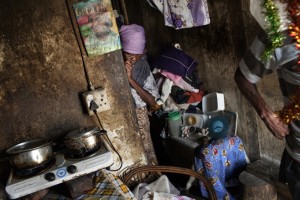
A report by Human Rights Watch (HRW) condemns the living and working conditions of workers in the vineyards of South Africa’s Western Cape Province. The report Ripe with Abuse: Human Rights Conditions in South Africa’s Fruit and Wine Industries describes the poor housing, unsafe working conditions and illegal treatment of black vineyard-workers. The workers often lack access to toilets or drinking water while working and work unprotected with dangerous pesticides. Although the wine and fruit farmers in the Western Cape are among the richest in the country, they pay their workers lower wages than in other South African provinces. The report is based on over 260 interviews with workers, farmers and representatives from industry, government, trade unions, academics and social action groups. South Africa has an extensive social legislation, but the government fails to monitor and enforce its laws, according to HRW. The report contains a number of poignant examples. For example, one of the workers interviewed lived for ten years with his wife and children in a pigsty without electricity, water or protection from the elements. HRW does not call for a boycott of Cape fruit and wine, which is especially popular in Europe, with the United Kingdom and the Netherlands as its biggest markets. “But we are asking retailers to press their suppliers to ensure that there are decent conditions on the farms that produce the products they buy and sell to their customers.” South African industry representatives say that the human rights report is based on too small a sample survey and contains one-sided conclusions.
